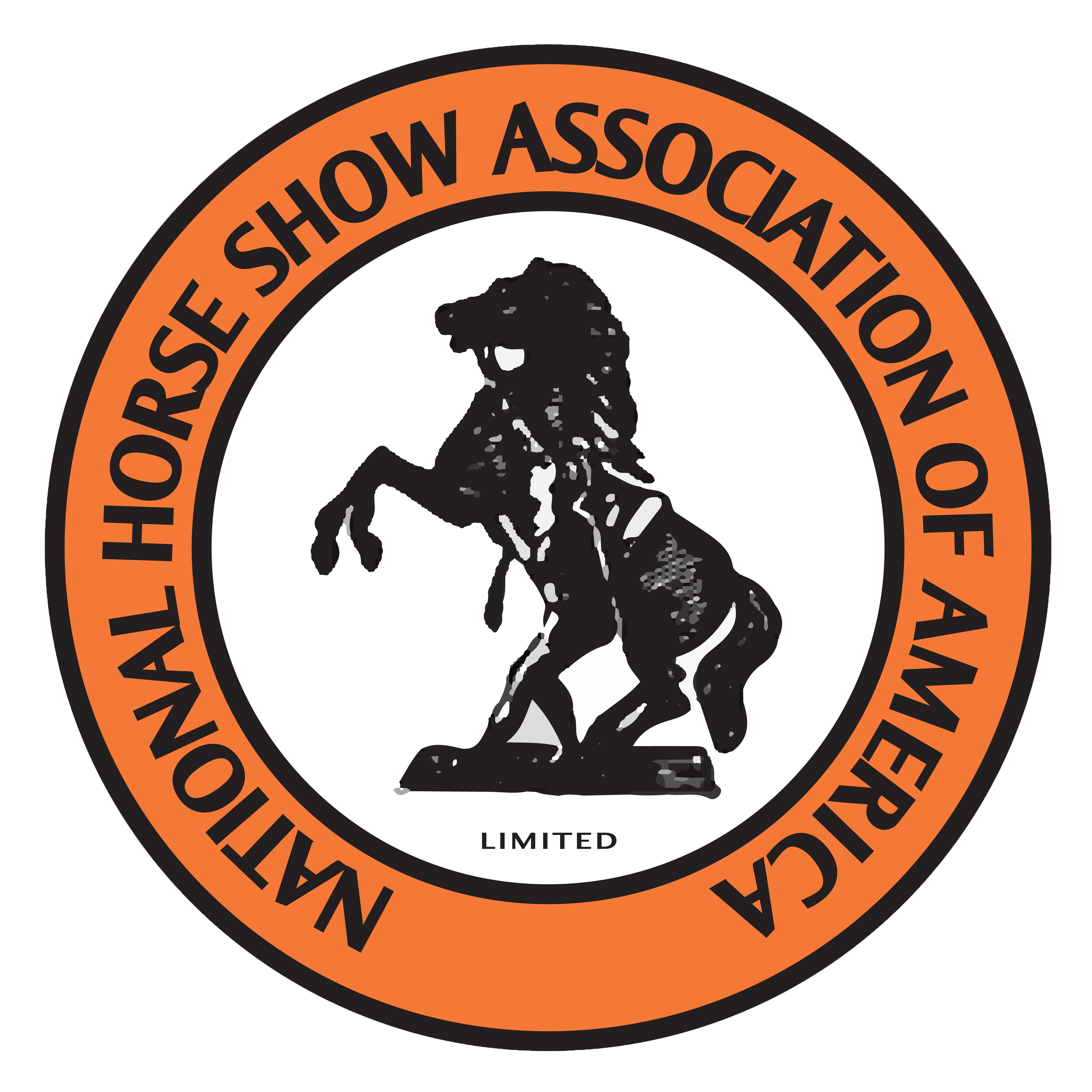EQUINE HEALTH REQUIREMENTS
The management of the National Horse Show would like to issue the following requirements to all exhibitors who plan to travel to the Kentucky Horse Park. The Health Papers referenced below must accompany all horses shipping into the Kentucky Horse Park for the National Horse Show. The paperwork must be presented at the Inspection Station upon arrival.
Any horses for whom the proper paperwork is not provided will be denied entry to the grounds.
- The state of Kentucky requires that all horses entering the state provide a negative Coggins test within one year of entry as well as a Certificate of Veterinary Inspection (Health Certificate) signed by a licensed veterinarian within 30 days of entry. All horses entering the grounds must be accompanied by documentation of Equine Influenza Virus and Equine Herpes Virus (Rhinopneumonitis) vaccinations within six months prior to entering the grounds and the date of vaccination must be noted on the Certificate of Veterinary Inspection or documented by means noted in USEF GR845. The CVI or an accompanying written statement signed by a licensed veterinarian must document that the horse(s) have not shown symptoms or been treated for EHV-1/4 nor been at a facility under quarantine for EHV-1/4 nor been exposed to any horses showing symptoms of EHV-1/4 during the past 28 days.
- It is required that all horses arrive between the hours of 7 am and 7 pm. If it is absolutely necessary to arrive at any other time you must call the Stable Office at least 24 hours before arrival to make those arrangements. That telephone number is (859) 414-6266.
- Please take your horse’s temperature on a regular basis so as to establish a normal temperature. Please do not ship any horse with an elevated (101.5 degrees or higher) temperature reading.
